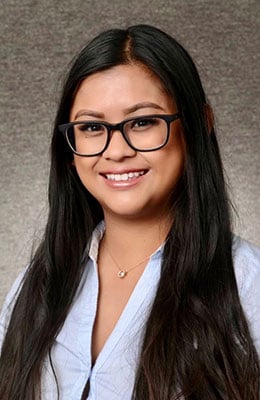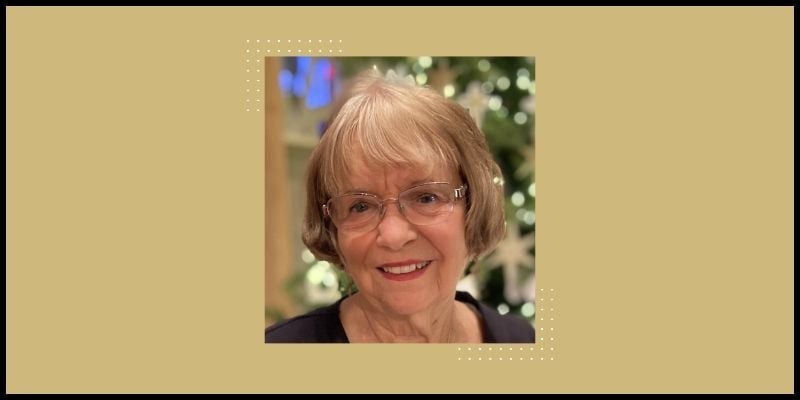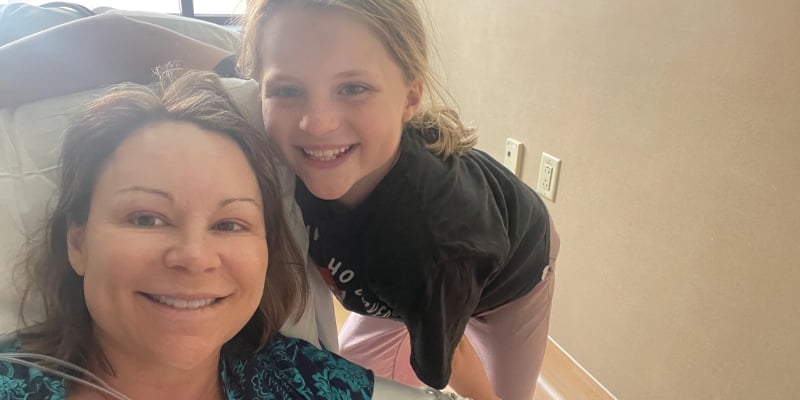Fear. Trepidation. Excitement. All are natural emotions that nursing students face upon graduation. Doubting their readiness, many students ask themselves, “How am I ever going to be able to take on five patients at a time?”
Questioning one’s abilities happens to all of us and is a form of impostor syndrome, which is loosely defined as “doubting your abilities, skills, talents, or accomplishments and feeling like a fraud.” It is natural. Especially when faced with the prospect of “flying solo.”
How PBRNR Makes the Transition from Student to Nurse Easier
“It’s scary to graduate from a nursing program and feel you should know everything on day one,” says Allison Boyrer, MS, MA, BSN, RN who is a CU Nursing alumna (Veteran & Military Healthcare Program MS’17) and Manager of the Post-Baccalaureate Registered Nurse Program (PBRNR). “The recent pandemic restricted many students from practicing in actual clinics. So, a residency program that provides more protected, mentored time with real-life experiences is extremely valuable. Especially now,” says Boyrer.
PBRNR is a program that makes it easier for new grads to transition into the workforce and feel confident in their abilities. Conceived and run by the Office of Academic Affiliations within the U.S. Department of Veterans Affairs, VA Eastern Colorado Health Care Systems’ program is one of 49 throughout the country, whose goal is to “ensure supervised transition of the graduate nurses to autonomous and competent clinical practice within the veteran-centric setting to care for our veterans nationally.” This comprehensive one-year paid training program provides a novice nurse with guided experiences and continuous development under the watchful eye of experienced nurses who precept them.
Bridging the Gap
Get to Know Alexis Ricamonte |
|
|
According to Boyrer, “PBRNR can be that bridge for a new graduate as they transition to practice and help them become competent and confident nurses, to better care for veteran patients.”
The program recruits new graduate nurses seeking lifelong learning and the pursuit of nursing leadership while providing excellent and compassionate care to our nation’s heroes, veterans. After passing the NCLEX, the recent graduates begin the program. The program includes monthly didactic sessions, mentoring, and a variety of experiential experiences. Then the residents transition to practice with preceptors who evaluate them and their skills and tailor the learning experiences to increase their skills and skill confidence.
CU Nursing alumna and Clinical Scholar Audrey Montoya (BS ’10) takes student groups and is involved in the preceptor arm of the PBRNR. “I’m actually a little jealous of this residency. I wish I had it when I first graduated as it would have made the transition to nursing much easier.”
For Alexis Ricamonte, a May 2021 BS graduate of CU Nursing, the program has been just what she needed. “I was excited to be ready to be a nurse. However, I was intimidated, especially to break into the ICU.”
No Military Service Required
Ricamonte is not part of the military and has never served. However, she truly enjoyed her clinical rotation at VA Eastern Colorado Health Care System when she was on the psych floor during her undergraduate program. “It felt like what I wanted my nursing career to feel like. It’s so diverse at the VA and the many benefits of working for the VA are amazing. I felt at home and that I belonged.”
During her final year at CU, she received an email about the PBRNR program and seriously considered the opportunity as it seemed like a great way to learn about VA and its systems, get her feet wet while becoming more confident and competent under experienced guidance and oversight. “I’d heard about the many benefits and pros of working at VA and was intrigued. I really wanted to get into the ICU and the nurses at the VA are very experienced and have a great foundation for someone who wants an amazing preceptorship. They support you and nurture you while you’re a new grad pursuing your career.”
One-Year Paid Residency Provides Time to Grow and Learn
The benefit of this residency is that “You’re not just stuck on one unit,” says Ricamonte. Rotating through different clinics and aspects of VA Eastern Colorado Health Care System, helps the novice nurse learn the VA way. “VA does things so differently. Because I’m not in the military, I am getting a new perspective and I appreciate it in a way I didn’t expect.”
Boyrer likens the one-year paid residency to hatching little chicks. “Basically, VA is a mother hen for a year, hugging you, carrying you so you feel confident … until you’re ready to fly on your own.”
PBRNR offers six spots for recent graduates. According to Montoya and Boyrer, the CU College of Nursing’s reputation as a leader, pioneer in nursing education, and advanced learning methods makes it a great community partner.“ Additionally, CU Nursing recognizes the emerging healthcare specialty of the veteran and military service member population, and designed curriculum specific to the needs of this group,” says Montoya. The second cohort (2022-2023) of the PBRNR program will be inducted in September. Applications are now being sought until May 2, 2022.

Allison Boyrer, (MS '17) Audrey Montoya (BS ’10) Alexis Ricamonte, (BS '21)

 Originally from San Francisco, CA, Ricamonte finished up her pre-requisites a while before moving to Colorado. Once here, she signed up for the
Originally from San Francisco, CA, Ricamonte finished up her pre-requisites a while before moving to Colorado. Once here, she signed up for the 
